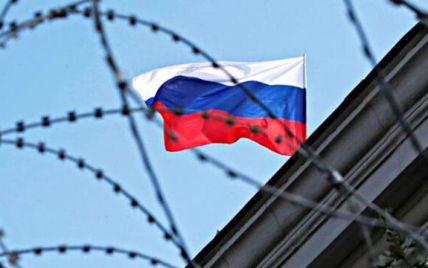
The White House has put forward a new idea to free up about $50 billion in funding for Ukraine due to the loan
While the issue of complete confiscation of Russian assets is no longer on the agenda, Ukraine’s allies are looking for alternative ways to obtain funds from them.
About this writesFinancial Times.
As noted in the publication, opponents of the idea see the risk of creating a dangerous precedent in international law that could jeopardize the international legal order.
Despite the fact that the Biden administration has supported calls for confiscation, like Canada and some members of the UK government, Japan, France, Germany and Italy remain very cautious, which has led to a stalemate.
In addition, countries such as Indonesia and Saudi Arabia are urging EU countries not to confiscate assets, fearing for the future of their own reserves. which are stored in the west.
“Other governments, including G7 countries, fear being accused of taking any steps that would violate international law—precisely what they accuse Russia of,” the article says.
Other ways to receive funds
One of the alternative ideas was proposed by Belgium, which stores about 190 billion euros of Russian central bank reserves in Euroclear. The country envisaged the use of these reserves as collateral for raising debt for Ukraine. But overall, the Belgian plan was scrapped due to fears of liability for any lawsuits from Euroclear.
In addition, the White House floated a new idea to free up about $50 billion in funding for Ukraine due to a loan or bond under pledge of future income from frozen assets.
“But the EU has a different plan for this money. Under EU proposals due to be adopted in the coming weeks, the majority of current and future revenues from Russian assets held by Euroclear will be used mainly for the joint purchase of weapons for Ukraine. All profits received until mid-February, Euroclear will be left in place as a buffer against legal costs and risks,” the report says.
At the same time, some countries are hoping that the recently approved US aid package will ease the pressure associated with the need to use Russian assets now that Kyiv is on more stable financial footing.
But the White House rejects this view, warning that decisions made by the G7 in the short term“have consequences for generation.”
Note that the damage to Ukraine caused by Russian aggression, at the end of 2023 The World Bank estimated at $500 billion. At the same time, the amount of assets The Russian Federation, which the West froze after the start of a full-scale invasion of Ukraine, amounts to about $300 billion.
Subscribe to our channels in Telegram and Viber. p>
